Fausto Coppi: the triumphs and the tragedies
52 years after his death, CN looks back at cycling's biggest headline maker
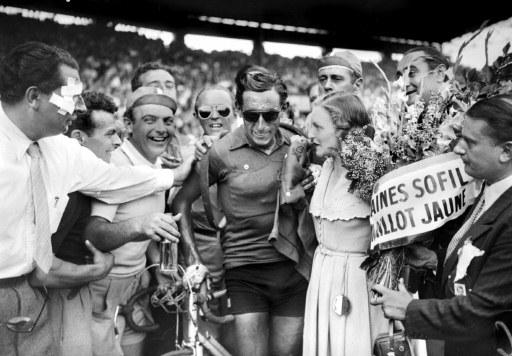
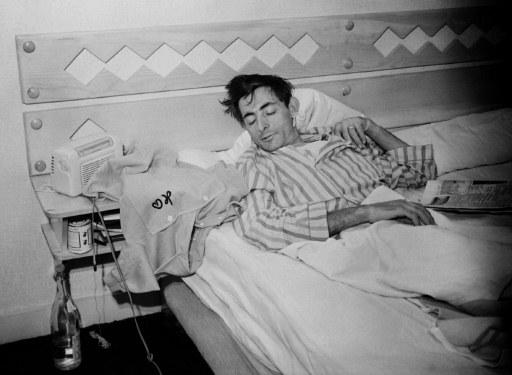
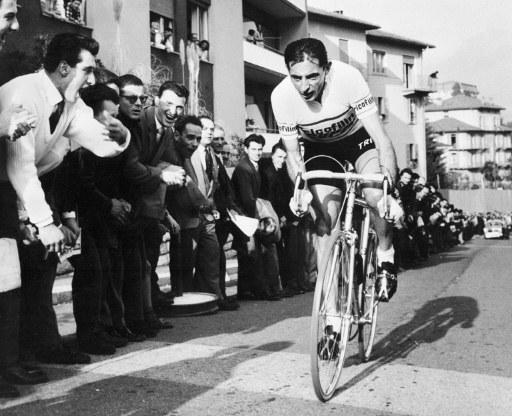
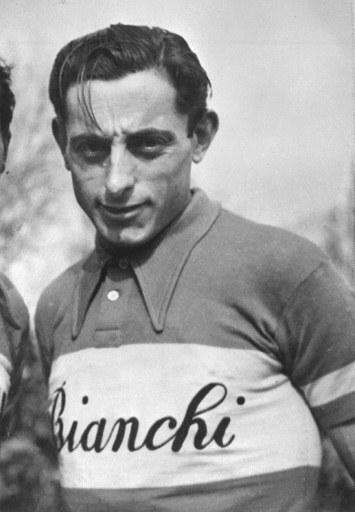
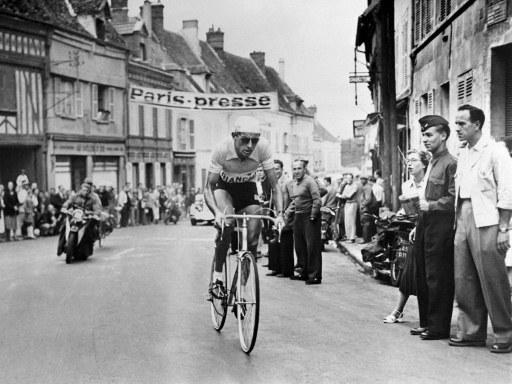
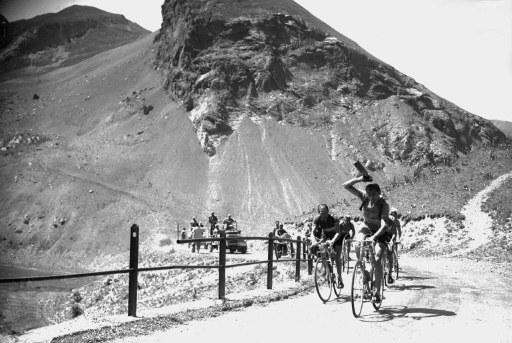
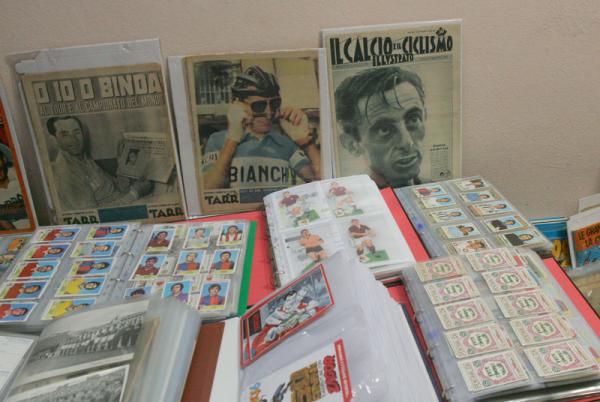
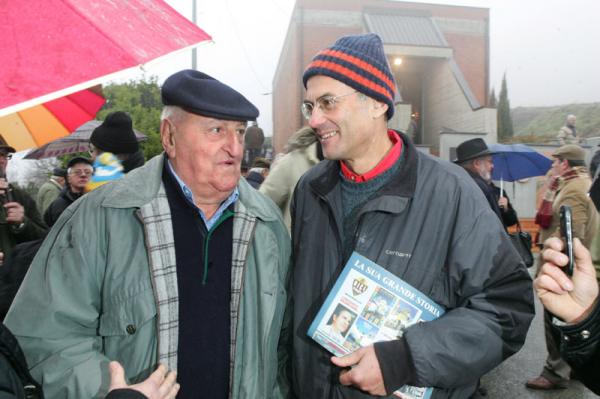
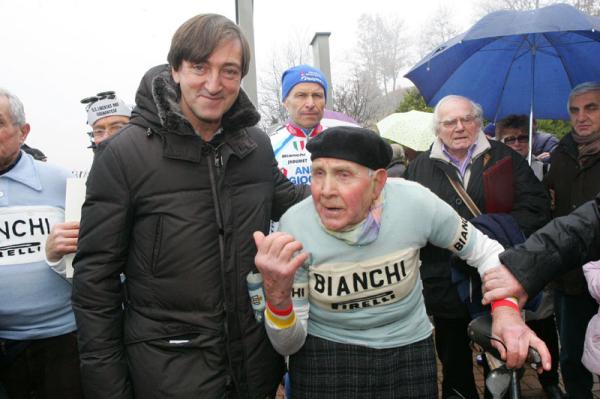
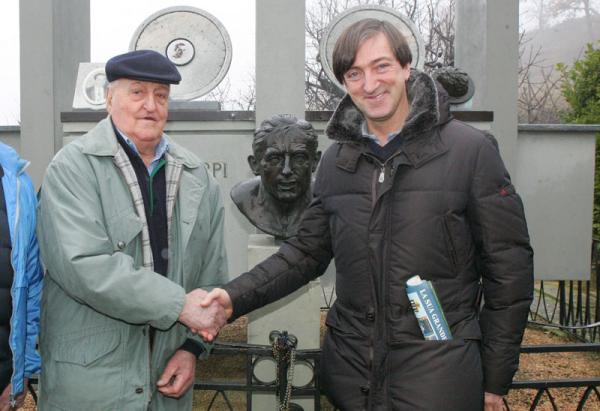
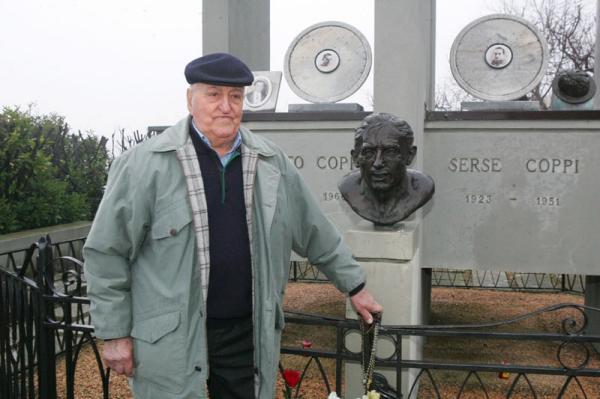
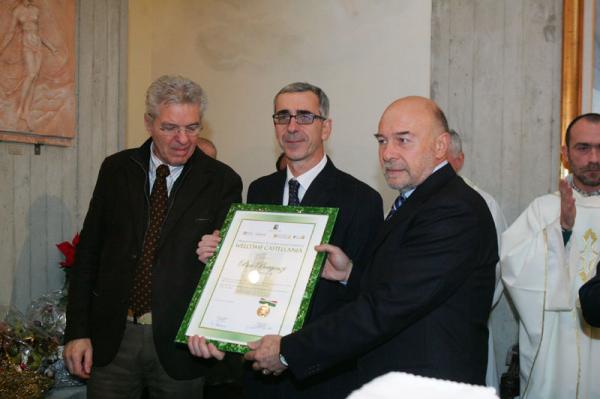
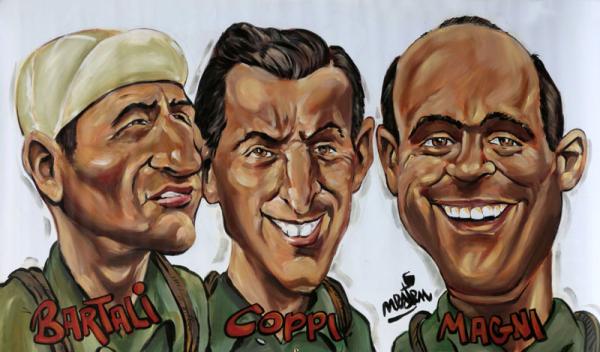
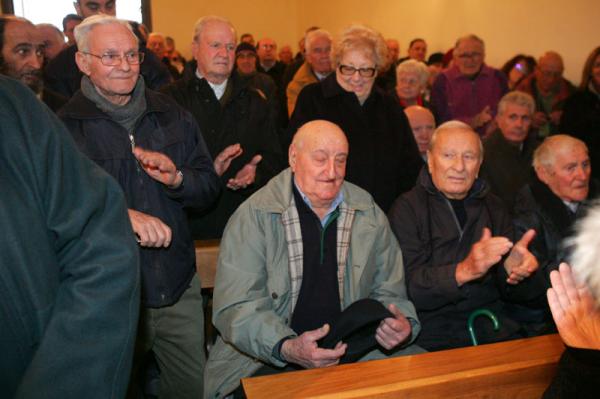
If we focus solely on his cycling, the career of Fausto Coppi is in simple terms one of the most decorated of all time. The Italian dominated the sport either side of the Second World War, using his all-round skills as a climber, sprinter and time-trialist to build a palmares that rewrote the record books and raised the bar for those that followed him into professional road cycling. After the anniversary earlier this month of his death in January 1960, there would be enough mileage in his glittering achievements on the road alone to honour the great man in print - here, after all, is a man who in 1999 was voted the second greatest Italian sportsperson of the 20th century.
But Coppi’s story is more than just cycling. In addition to all the the glory there was a rivalry with a fellow Italian pro that divided the country; a spell in a prisoner of war camp; a marital scandal that rocked conservative Italian society to its core; and a premature death. Like his countryman, the great soccer player Valentino Mazzola, and the legendary American heavyweight boxing champion Joe Louis, it can be argued that the best years of his career were lost to the war and we may have not seen the best of him. So while Coppi is rightly celebrated as one of the all time greats, any analysis of his achievements or his life are unavoidably footnoted by the twin factors of tragedy and controversy. And rarely has a sportsman been exposed to such hysterical levels of both messianic adulation and deep-rooted vilification.
Coppi’s remarkable life began, fittingly, in the shadows of the Alps that he would conquer so often from the saddle. He was born in the Italian Alpine region of Piedmont in September 1919 and by 1940, at the age of 20, he had won the Giro d’Italia. A star had been born.
Coppi’s unexpected success in that race sparked a rivalry with Italian cycling’s established hero of the time, Gino Bartali, that defined both men’s careers and created an intrinsic link between the two men that neither could shake off. For Ali and Frazier in boxing, for Federer and Nadal in tennis and for Senna and Prost in Formula One, think Coppi and Bartali in cycling. At the time of Coppi’s breakthrough in 1940 Bartali was already a dual winner of the Giro and had also won the Tour de France in 1938. He was five years older than Coppi, was the undisputed number one in Italy and universally recognised as one of the best cyclists in the world.
Coppi had been hired to help Bartali to win the 1940 Giro, but ran away with the race himself by a wide margin. The world was astonished. So was Bartali, but his astonishment was supplemented by a sense of indignation that never faded. The stage had been set for a series of intense sporting duels that would last for the best part of a decade.
More often than not Coppi came out on top and, perhaps crucially for his legacy, travelled further and wider than Bartali in search of fame and glory. Bartali preferred to race mainly in Italy, eschewing the northern European Classic races. In 1950 Coppi secured the notable double of Paris-Roubaix and La Fleche Wallone, delighting first hand the northern European crowds who had waited patiently to see him win in the flesh and also proving his versatility. Coppi also won more Giros than Bartali (five wins to three) and matched his success in the Tour de France (two wins each).
Partly because of his more numerous international appearances and successes, contrasted to Bartali’s insularity, the Italian media were able to create two very different personas. In one corner you had Coppi: cosmopolitan, innovative in his methods, urbane and representative of the economically and industrially progressive north. In the other corner there was Bartali: deeply religious, conservative in attitude, relatively uninterested in life and competition outside Italy and a man who cherished his roots in the rural, traditionalist south of the country. The contrast between the two men polarised the masses.
Get The Leadout Newsletter
The latest race content, interviews, features, reviews and expert buying guides, direct to your inbox!
Some may argue that Coppi needed Bartali. That his star wouldn’t shine so brightly all these years after his death if his great rival hadn’t been around to challenge him and inspire him to his greatest victories. That school of thought, however, does an enormous injustice to Coppi’s mercurial talent and his dedication. In addition to his successes in the grand tours and in northern Europe he also won the Road World Championship (1953), Milan-San Remo three times and, amongst other road successes, the Giro di Lomardia five times. He was the first rider to win the Giro/Tour double and achieved that feat in both 1949 and 1952. And he also broke the world hour record on the track in 1952.
On paper there is little doubt about his greatness. Coppi would have been a superstar in any era. To an extent his rivalry with Bartali simply increased his fame and notoriety, mainly amongst those observers with an untrained eye and only a passing interest in cycling. To the purist his qualities are obvious, with no need for added spice or sensationalism.
In the flesh, according to those who saw him, there was even less of a doubt. In their 2006 book, The Story of the Tour de France, Bill and Carol McGann wrote: “Coppi won it all: the world hour record, the world championship, the grand tours, the classics and the time trials. The great French cycling journalist Pierre Chany says that between 1946 and 1954, once Coppi had broken away from the peloton, the peloton never saw him again. Can this be said of any other racer? Informed observers who saw both ride say that Coppi was the more elegant rider who won by dint of his physical gifts, as opposed to Merckx who drove himself and hammered his competition relentlessly by being the very embodiment of pure will.”
We will never know how many more titles Coppi would have added to his palmares if injury and war hadn’t intervened. As a result of malnutrition as a child, Coppi had very brittle bones. This led to numerous injuries and major breaks to his shoulder, pelvis, vertebrae and more, all of which kept him out of action for prolonged periods. During World World Two his cycling was put on hold as he joined up with the Italian army, eventually being captured by British forces in Africa and being held as a prisoner of war for over two years. He returned to cycling in the post-war years stronger than ever. Yet despite the drama and all of the achievements in his life up until that point, he will have been ill-prepared for what was to follow.
On the road in 1952 he clinched a second Giro/Tour double, sealing his place at that time as arguably the greatest cyclist in history. Off the road his personal life was about to cause headlines all across the world and transform him from hero to villain, from angel to devil, in Italy. His affair with a married woman, with Coppi also married himself, caused a huge scandal in Italy where adultery was still a criminal offence in the 1950s. Their affair began to heighten late in 1952 and in 1953 it became public when a French newspaper printed a photograph of Coppi and his mistress together after that year’s Road World Championships, which Coppi won.
The lady in question, Giulia Occhini, was also the mother to two young children and it is not an exaggeration to say that the photo caused shockwaves back home that rocked Italian society to its foundations. The Vatican got involved and eventually Coppi and Mrs Occhini were arrested and put on trial for adultery in 1955. Both received suspended jail sentences. The two eventually got married and had a child together, but neither the marriage nor their son were officially recognised by the Italian authorities.
Just five years after the trial, Coppi’s life – Hollywood-esque in both plot and execution – ended at the age of 40. He died of malaria in tragic circumstances after contracting the disease in Burkino Faso, Africa, following an exhibition race. The French rider Raphael Geminiani was also struck down with disease, but while he was correctly diagnosed Coppi was not. The Italian’s doctors instead treated him for a bronchial complaint and he never recovered.
Mark joined the Cyclingnews team in October 2011 and has a strong background in journalism across numerous sports. His interest in cycling dates back to Greg LeMond's victories in the 1989 and 1990 Tours, and he has a self-confessed obsession with the career and life of Fausto Coppi.